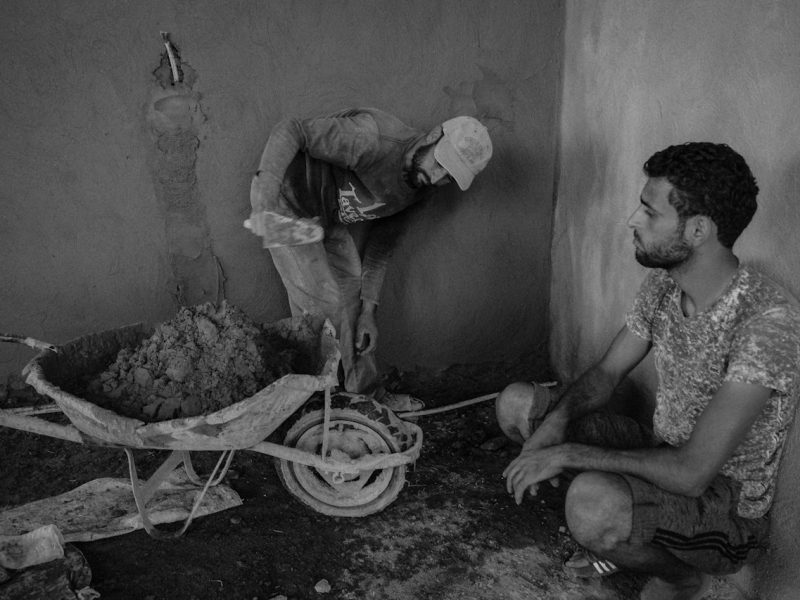Dear brothers and sisters,
I am pleased to greet all of you taking part in the Plenary Council of the
International Catholic Migration Commission.
In these days, you are called to carry out three very important tasks: to choose the
Commission’s new governing committee, to approve its new statutes, and to
determine its operational guidelines for the coming years. I readily take this
opportunity to emphasize some points that I believe can help you in your
discernment.
The Commission was founded in 1951 by Venerable Pope Pius XII in order to form a
network among Bishops’ Conferences worldwide to assist them in their pastoral
care of migrants and refugees. Its nature and ecclesial mission distinguish it from
other organizations operating in civil society and in the Church. The Commission is
a collegial expression of the pastoral activity in the area of migration on the part of
the Bishops, who, in communion with the Pope, share in his concern for the
universal Church “in a bond of peace, love and unity” (Lumen Gentium, 22). For
this reason, in the Apostolic Constitution Praedicate Evangelium it is mentioned and
included among the competences of the Dicastery for Promoting Integral Human
Development (cf. Art. 174 § 2), so that its nature and mission can be safeguarded
in accordance with its founding principles. In your Plenary Council, you officially
represent the Bishops’ Conferences affiliated to the Commission. Their willingness
to work together in order to welcome, protect, promote and integrate migrants and
refugees is confirmed by your presence.
The ecclesial mission of the Commission is carried out on two tracks: ad intra and
ad extra. It is primarily called to offer expert assistance to Bishops’ Conferences
and Dioceses that find themselves needing to respond to today’s many complex
challenges with regard to migration. It strives, then, to promote the development
and implementation of projects of pastoral care for migrants and the specialized
training of pastoral workers in the field of migration, at the service of the particular
Churches and in accordance with its proper competences.
Ad extra, the Commission is called to respond to global challenges and migratory
emergencies with focused programs, always in communion with the local Churches.
As an organization of civil society on the international level, it is also engaged in
advocacy. The Commission expresses the Church’s commitment and works for a
broader international awareness on issues involving migration. In this way, it
fosters respect for human rights and promotes human dignity in line with the
Church’s social doctrine.
I offer you my heartfelt thanks for the Commission’s work over the past seventy
years. Many of these activities have had a truly decisive impact. I thank you in
particular for your committed efforts to help the Churches respond to the
challenges associated with the vast displacement of persons caused by the conflict
in Ukraine, which has seen the largest movement of refugees in Europe since the
Second World War.
At the same time, we cannot forget the millions of asylum seekers, refugees and
displaced persons in other parts of the world, who desperately need to be
welcomed, protected and loved. As a Church, we wish to serve everyone and to
work diligently to build a future of peace. You have the opportunity to give a face to
the Church’s charitable activity on their behalf!
I offer all of you my prayerful good wishes for the fruitfulness of your work, and I
assure you of my remembrance in prayer. And I ask you, please, to remember me
in your own prayers.




